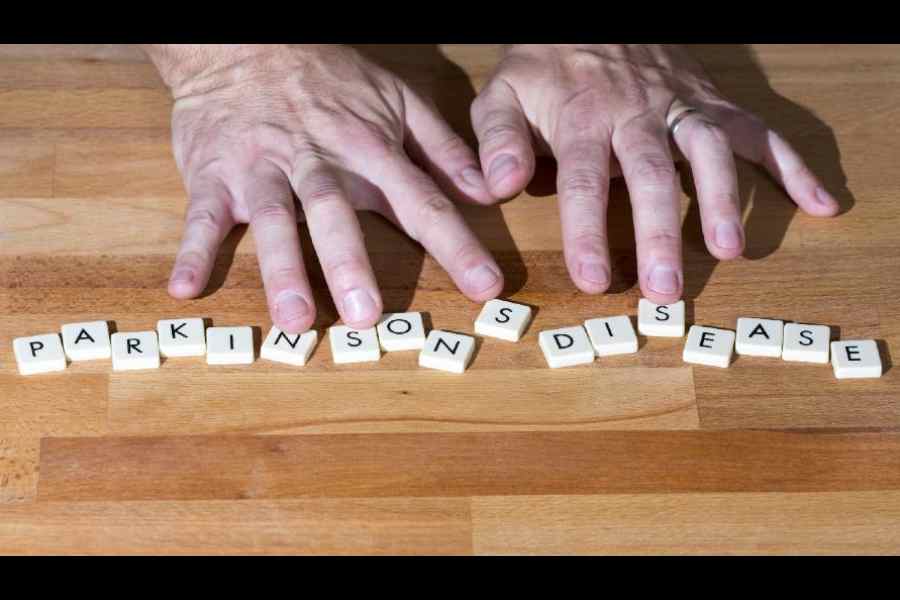Implants that are the size of a spaghetti strand, when put inside the human head, help in the treatment of advanced-stage Parkinson’s disease and other degenerative neurological disorders, doctors said on Friday.
Deep brain stimulation (DBS) is the procedure in which electrodes are implanted in specific affected areas of the brain to regulate abnormal signals and restore motor function.
“It is a transformative therapy known to bring relief to advanced-stage symptoms of Parkinson’s disease, dystonia, epilepsy (adult onset), and obsessive-compulsive
disorder (OCD),” said Anirban Deep Banerjee, director-neurosurgery at the Institute of Neurosciences, Medanta Gurugram.
Banerjee, who has done close to 300 such procedures, gave a presentation
on its efficacy in Calcutta on Friday.
“It is just like a pacemaker for the brain. We implant a pair of electrodes inside the head. It sends pulses of current in very small volumes to particular areas inside
the brain. Stimulation in that targeted area improves symptoms....”
Two Calcutta-based senior citizens who underwent the therapy were at the news
conference.
The device, placed under the collarbone, is battery-operated. The battery has to be replaced after 15 years.










